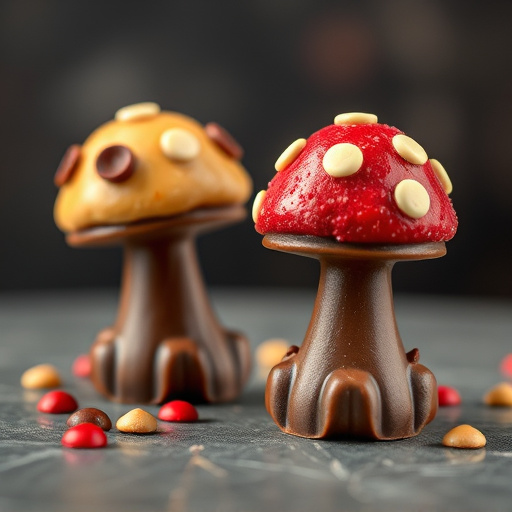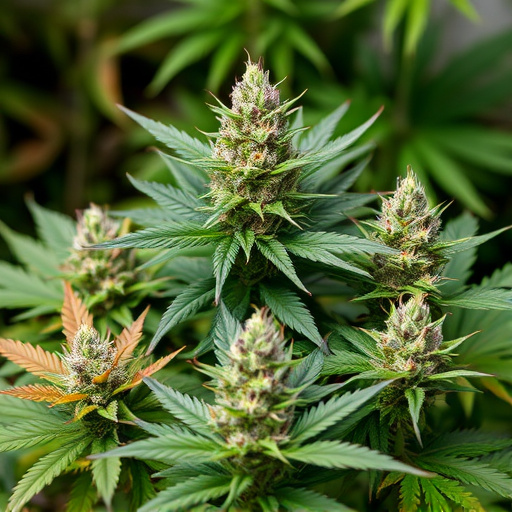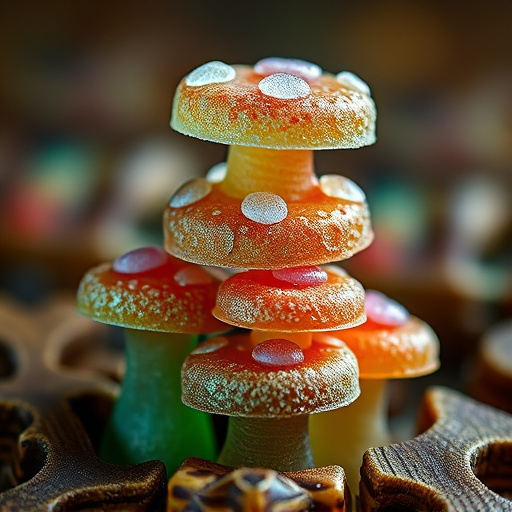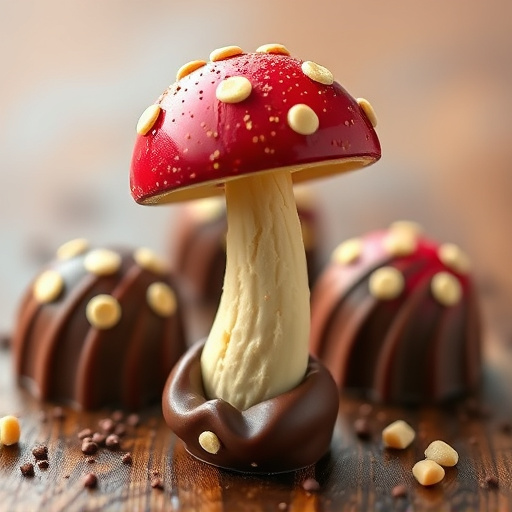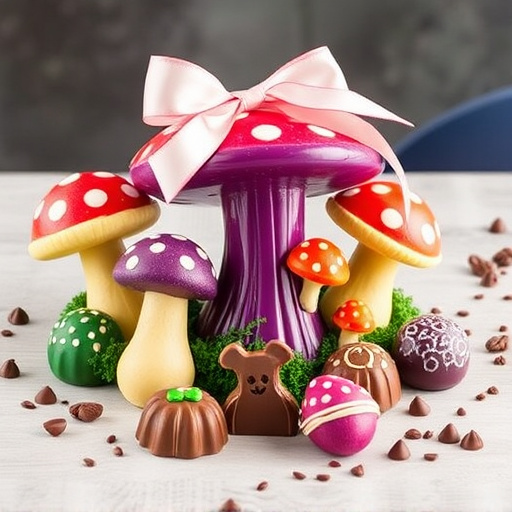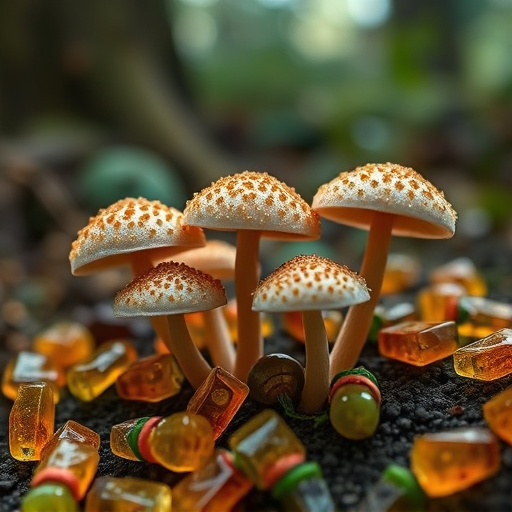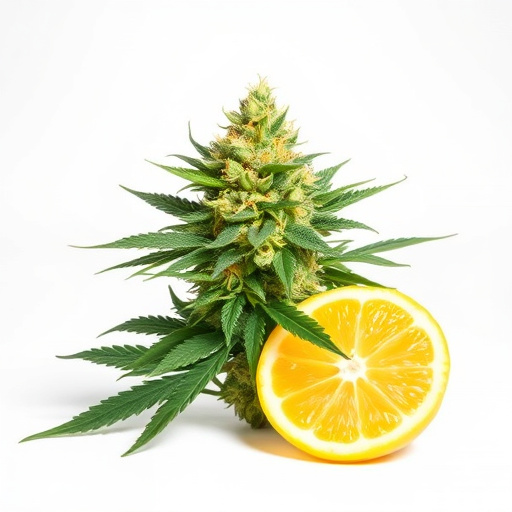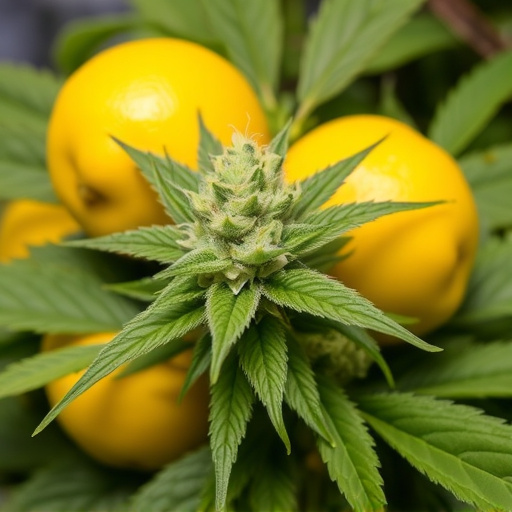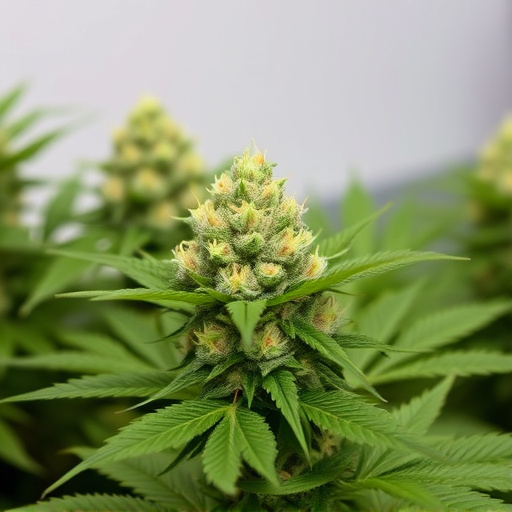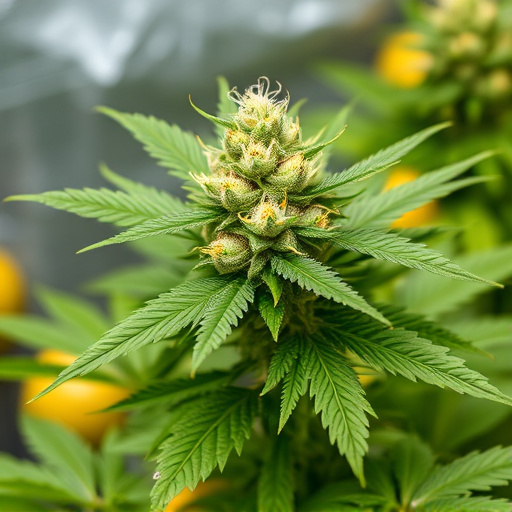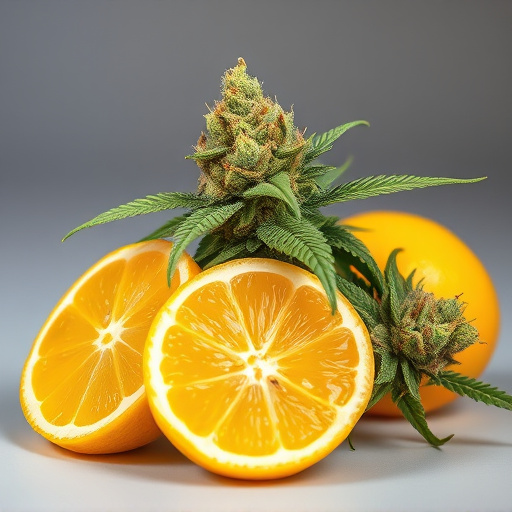Cannabinoid degradation, accelerated by light, heat, oxygen, and moisture, reduces potency in aged cannabis, especially in lemon strains valued for their citral and limonene terpenes. Proper storage conditions, including controlled temperature, humidity, and light exposure using airtight containers or vacuum sealing, preserve these strains' unique aroma, flavor, and therapeutic benefits, ensuring a consistent and potent experience. Aged lemon cannabis offers intense, prolonged highs with enhanced flavors and potential medicinal advantages.
Can old weed still get you high? Explore the fascinating world of cannabinoid degradation and its impact on the potency of your favorite strains. Discover how storage conditions play a crucial role in preserving or altering the psychoactive compounds within your herbs, especially in the case of vibrant lemon cannabis strains. Uncover why these citrusy varieties retain their punch even as they age, offering unique effects that cater to seasoned consumers.
- What Is Cannabinoid Degradation and How Does It Affect Potency?
- Understanding the Impact of Storage on Weed's Psychoactive Compounds
- Exploring Lemon Cannabis Strains: Potency and Effects in Older Plants
What Is Cannabinoid Degradation and How Does It Affect Potency?
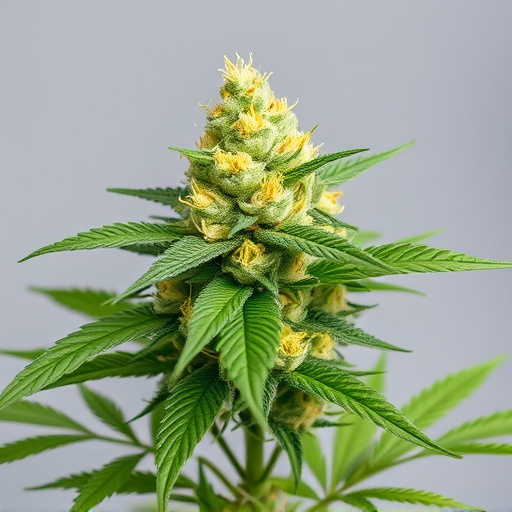
Cannabinoid degradation is a natural process that occurs over time, leading to a reduction in the potency of cannabis plants and products. Cannabinoids like THC (tetrahydrocannabinol) and CBD (cannabidiol), responsible for the plant’s psychoactive and therapeutic effects, are susceptible to breakdown. This process is influenced by various factors such as exposure to light, heat, oxygen, and moisture. As old weed ages, these cannabinoids can undergo chemical changes, transforming into new compounds that may alter the desired effects.
In particular, lemon cannabis strains, known for their citrusy aroma and unique terpene profile, are susceptible to degradation. The citral and limonene terpenes present in these strains contribute to their refreshing flavor and potential therapeutic benefits. However, when exposed to environmental factors, these terpenes can break down, potentially reducing the overall potency and altering the desired sensory experience. This is why it’s essential to consider the age and storage conditions of cannabis products to ensure a more consistent and potent high.
Understanding the Impact of Storage on Weed's Psychoactive Compounds
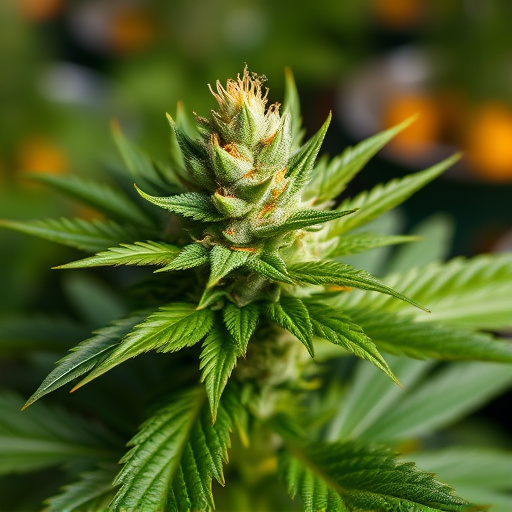
The way cannabis is stored can significantly impact its potency and effectiveness. When it comes to old weed, the quality of the experience users expect from “getting high” may vary greatly. Over time, cannabis plants naturally degrade, leading to a reduction in their psychoactive compounds. However, specific storage conditions—like temperature, humidity, and light exposure—can slow down this process. For instance, strains known for their citrusy profiles, such as popular lemon cannabis strains, retain their unique flavors and potent THC levels when stored properly. This is why many enthusiasts advocate for airtight containers, cold storage, or even vacuum sealing to preserve the integrity of their weed, ensuring a more intense and enjoyable high regardless of its age.
Exploring Lemon Cannabis Strains: Potency and Effects in Older Plants
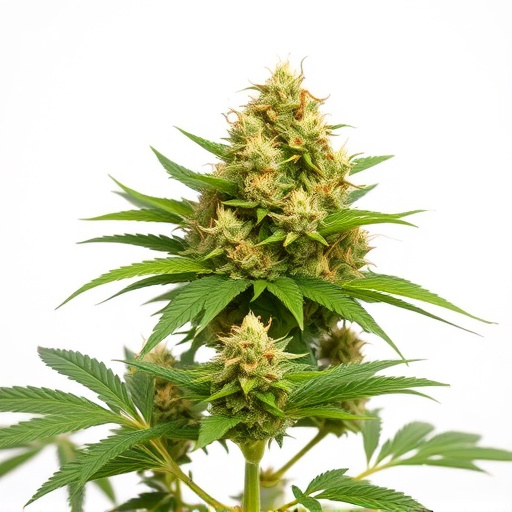
Lemon cannabis strains have gained popularity for their unique aroma and potential therapeutic benefits, even in older plants. As marijuana ages, the chemical composition can change significantly, affecting both potency and effects. However, lemon strains often retain their distinct profiles, with high levels of limonene, a terpene known for its citrusy scent and calming properties. This terpene has been linked to reduced anxiety and pain relief, making aged lemon cannabis an attractive option for medicinal users seeking specific therapeutic outcomes.
While the potency of older plants might vary, some enthusiasts and researchers suggest that patience can yield superior results. Lemon strains have shown promise in providing a more intense and prolonged high compared to younger counterparts, with enhanced flavors and aromas. Exploring these aged varieties offers an opportunity to discover new levels of enjoyment and potential medicinal benefits associated with lemon cannabis strains.
While age may reduce the potency of weed, particularly through cannabinoid degradation and storage factors, certain strains like lemon cannabis varieties can maintain potent effects. Research suggests that these plants, even as they mature, still offer users a meaningful high due to their unique cannabinoid profiles. So, for those seeking specific experiences, exploring older lemon cannabis strains could be a rewarding endeavor, ensuring a consistent and enjoyable trip despite potential age-related potency shifts.
